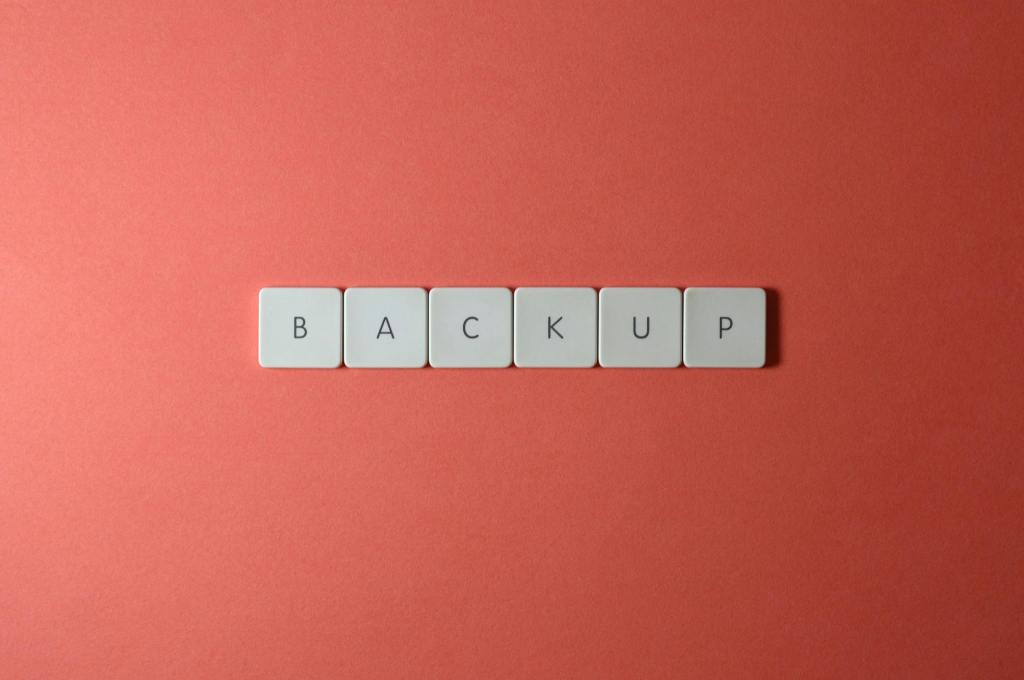Using Microsoft 365 (M365) or Azure provides a robust and resilient cloud-based platform for your business operations, but it’s a mistake to think that Microsoft alone can fully guarantee your data’s security. This misconception often arises in discussions where people assume that because their emails are in Exchange Online or their files are in SharePoint, they’re automatically safeguarded against all data loss scenarios. While Microsoft indeed has extensive redundancies and backup systems in place, the protection they offer only goes so far. This concept also applies to Azure. It’s crucial to understand the shared responsibility model that governs these services.
The Shared Responsibility Model
When using Microsoft 365, you share the responsibility for data protection with Microsoft. This model means that while Microsoft ensures the infrastructure’s availability and resilience, the responsibility for protecting your data within that infrastructure largely falls on you. Here are some critical scenarios to consider:
Potential Risks and Data Loss Scenarios
Deleted SharePoint Sites and Files: Imagine a situation where someone deletes a SharePoint site or a significant number of files and then purges all the recycle bins. While SharePoint does have some recovery options, they are limited and not foolproof against all types of deletions.
Email Deletion: Consider an employee who deletes all their emails, empties the trash, and then clears out the recoverable items folder. Without a proper backup solution, recovering those emails might be impossible.
License Removal and Data Retention: If an admin removes a license from a departed user, all their associated data (including emails and OneDrive files) may be permanently deleted after 45 days. Important information could be lost if this data is not backed up in time.
Malicious Actions: A rogue script or hacker might rename or delete numerous Microsoft 365 Groups, affecting Teams, SharePoint, and more, and then empty the deleted items. Such actions can lead to substantial data loss and disrupt business operations.
The Importance of a Backup Strategy
Microsoft’s backup systems are primarily designed to protect against hardware or software failures and data center outages. They are not designed to cover data loss resulting from accidental or malicious actions by users. Therefore, having a comprehensive backup strategy is essential for protecting your business-critical data. Here’s why:
- Accidental Deletion: Users may accidentally delete important files or emails. Without a backup, these can be permanently lost.
- Malicious Deletion: Disgruntled employees or cyber attackers may intentionally delete data. Backups ensure that you can restore your data to its original state.
- Retention Policy Gaps: Sometimes, data retention policies may not cover all scenarios. Regular backups fill these gaps and ensure long-term data availability.
- Compliance and Legal Requirements: Certain industries have strict data retention and recovery requirements. Having a robust backup solution helps ensure compliance with these regulations.
Recommendations for a Solid Backup Plan
- Automated Backups: Implement automated backup solutions that regularly back up your M365 data, including emails, SharePoint sites, OneDrive files, and Teams data.
- Data Retention Policies: Review and update your data retention policies to ensure they align with your business needs and compliance requirements.
- Regular Audits: Conduct regular audits of your backup and recovery processes to ensure they are functioning correctly and that data can be restored efficiently.
- User Training: Educate employees about the importance of data protection and best practices for avoiding accidental deletions.
- Disaster Recovery Plan: Develop a comprehensive disaster recovery plan that includes steps for restoring data from backups in the event of significant data loss.
Conclusion
While Microsoft provides a secure and resilient platform, it is not a substitute for a comprehensive data protection strategy. By understanding the shared responsibility model and implementing robust backup solutions, you can safeguard your data against various loss scenarios. Ensure that you are prepared for any eventuality, so that when something does go wrong, you can recover quickly and effectively, minimizing disruption to your business.
keep updated to the blog, because the tnext post I will write about M365 Backup and how it can help us to protect our important assets




Leave a comment